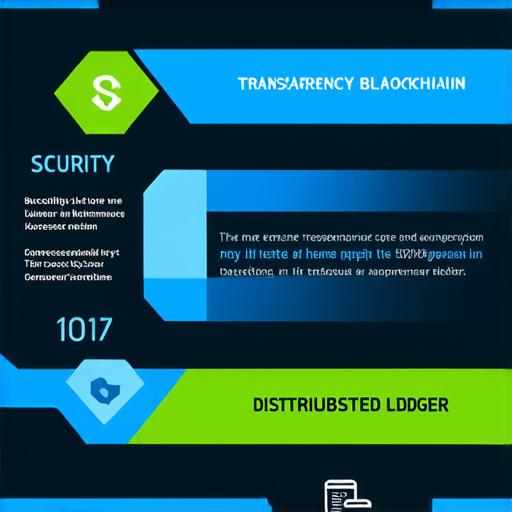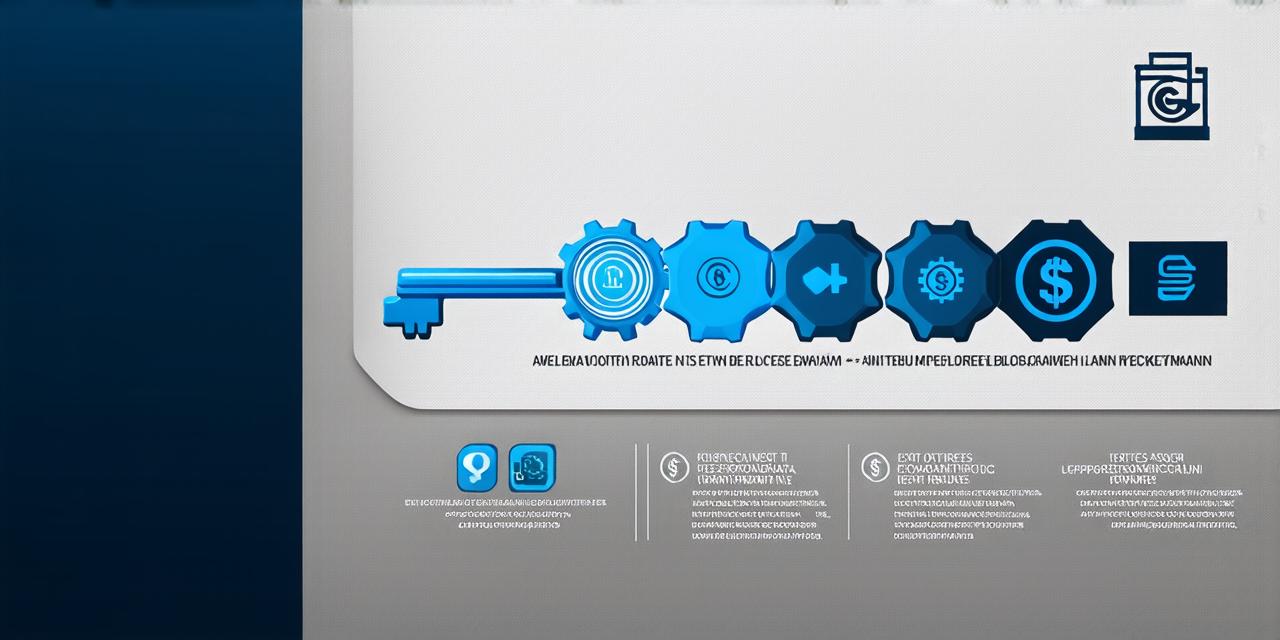Corrected HTML code:
Business Blockchain: Definition and Overview
Before diving into the use cases, it is important to have a basic understanding of what business blockchain is. In simple terms, blockchain is a distributed ledger that enables secure and transparent transactions without the need for intermediaries. A blockchain-based system consists of a network of computers that work together to validate and verify transactions, creating an immutable and tamper-proof record of all activity on the network.
Business Blockchain, on the other hand, is the application of blockchain technology in business processes. It enables businesses to create a more secure, efficient, and transparent system for managing data, assets, and transactions.
The Benefits of Business Blockchain
Now that we have a basic understanding of what business blockchain is, let’s explore some of the most common use cases and benefits of this technology.

Increased Transparency
One of the biggest benefits of business blockchain is increased transparency. With blockchain, all transactions are recorded on a public ledger that is accessible to anyone on the network. This allows for greater accountability and makes it easier to track the movement of assets and information. For businesses looking to increase trust and build stronger relationships with their customers and partners, this can be a powerful tool.
Improved Efficiency
Another key benefit of business blockchain is improved efficiency. By automating many of the processes involved in managing data and transactions, blockchain can help businesses streamline their operations, reduce errors, and increase productivity. For example, instead of having to rely on intermediaries to manage payments and transfers, businesses can use blockchain-based systems to process these activities directly between parties, saving time and reducing costs.
Reduced Costs
As mentioned earlier, business blockchain can help reduce costs for businesses. By eliminating the need for intermediaries and automating many of the processes involved in managing data and transactions, businesses can save money on transaction fees and other expenses associated with traditional financial systems. In addition, by reducing errors and increasing efficiency, businesses can also save on labor costs and other operational expenses.
Enhanced Security
Finally, business blockchain offers enhanced security for businesses. With its decentralized and secure nature, blockchain is highly resistant to hacking and other forms of cyber attacks. This makes it an attractive option for businesses looking to protect their data and assets from potential threats. In addition, by creating an immutable record of all activity on the network, blockchain can also help prevent fraud and other types of financial crimes.
Case Studies and Real-Life Examples
Now that we have explored some of the benefits of business blockchain let’s look at some real-life examples of businesses using this technology to improve their operations.
Walmart
Walmart, one of the world’s largest retailers, is using blockchain technology to track the movement of food products through its supply chain. By creating a blockchain-based system that records every transaction involved in the transportation and distribution of food products, Walmart is able to improve traceability and reduce waste. In addition, by using smart contracts to automate many of the processes involved in managing payments and transfers, Walmart is also able to increase efficiency and reduce costs.
Maersk
Maersk, one of the world’s largest shipping companies, is using blockchain technology to improve the efficiency and security of its supply chain operations. By creating a blockchain-based system that records every transaction involved in the transportation of goods, Maersk is able to improve traceability and reduce errors. In addition, by using smart contracts to automate many of the processes involved in managing payments and transfers, Maersk is also able to increase efficiency and reduce costs.
Provenance
Provenance is a blockchain-based platform that enables businesses to track the origin, movement, and quality of products throughout their supply chain. By using Provenance’s blockchain technology, businesses can create a tamper-proof record of all activity involved in the production and distribution of their products. This allows for greater transparency and improved traceability, helping businesses build trust with their customers and partners.
Determining the Appropriate Use of Business Blockchain
Now that we have explored some real-life examples of businesses using blockchain technology let’s look at how businesses can determine if it is right for them to use this technology.
